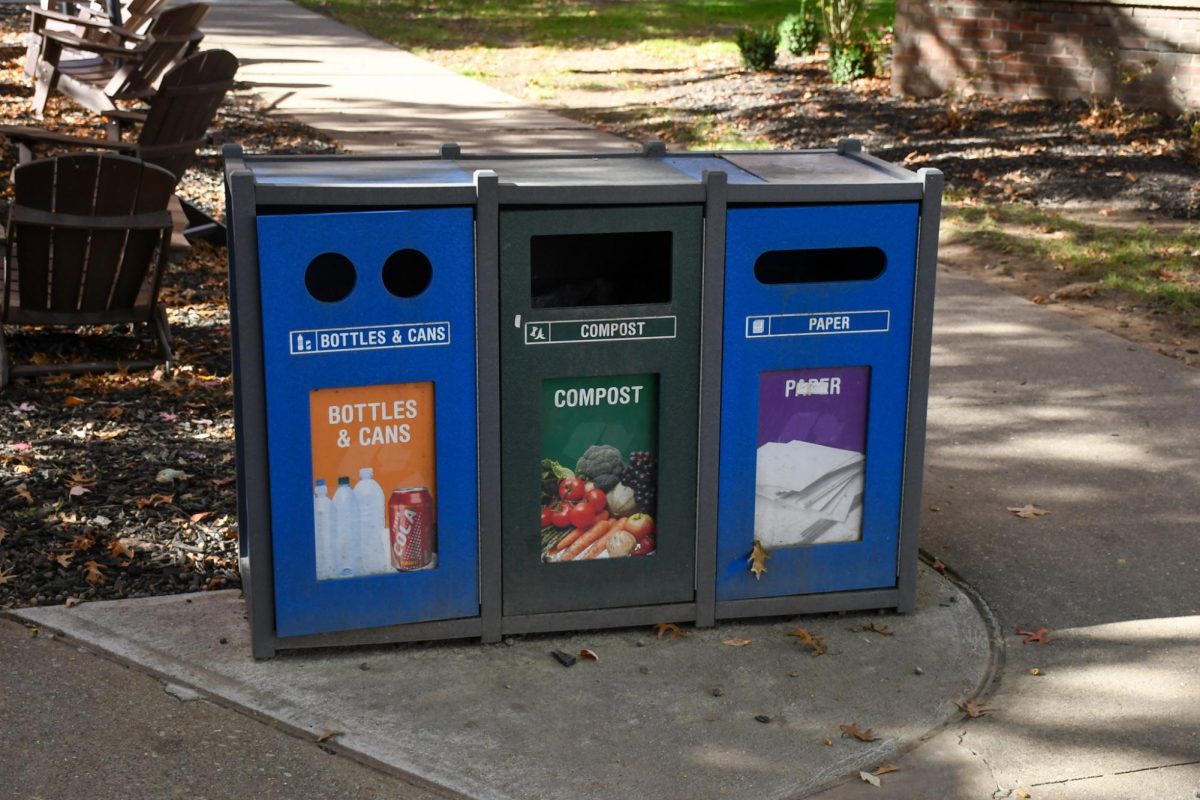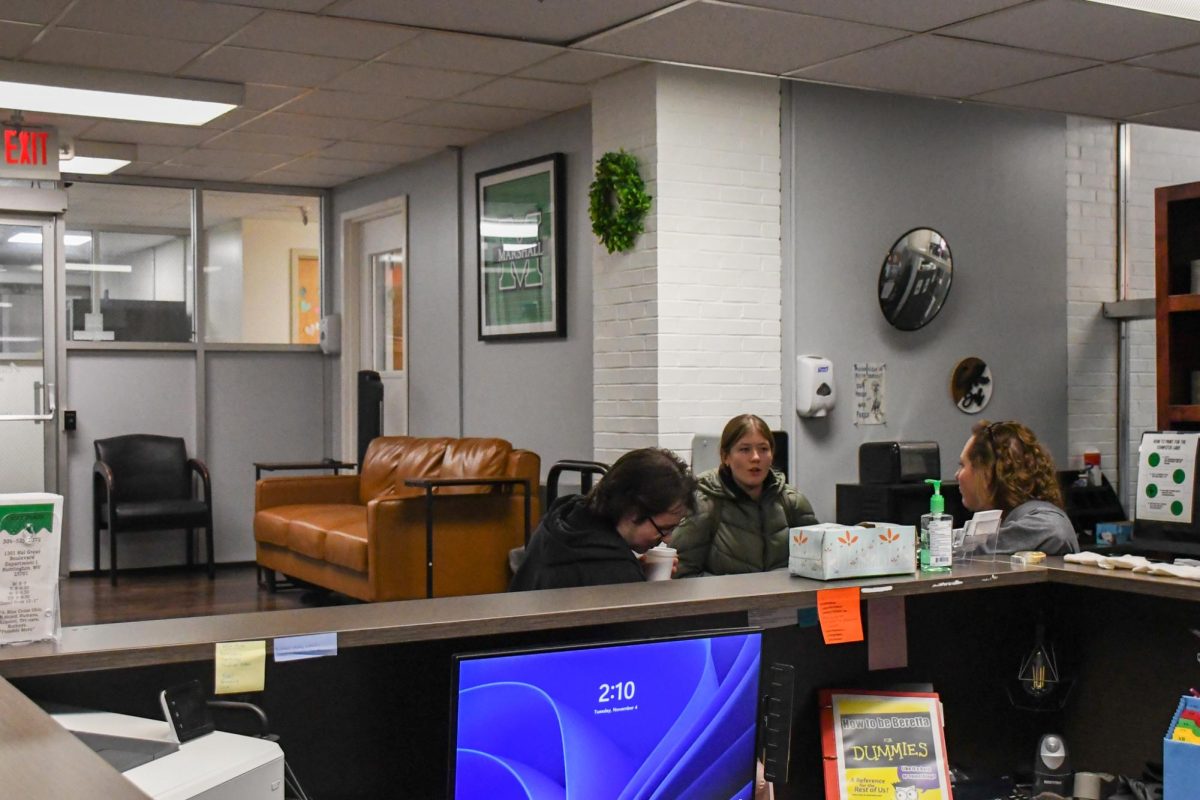I could say a lot of things about President Trump’s One Big Beautiful Bill Act that was recently passed by the House of Representatives. It is over one thousand pages long, would add over $2 trillion to our national debt by 2034 according to the Congressional Budget Office and contains sweeping cuts across the board to countless different programs offered by our government, including ones pertaining to higher education.
I would not consider it an exaggeration to call President Trump and his administration openly hostile to higher education. Quoting Richard Nixon, Vice President JD Vance openly said that “professors are the enemy” during his address at the National Conservatism Conference in 2021. It should not come as a surprise that the Trump administration is doing everything it can to try to bring the boot down on our colleges and universities to bring them to heel.
Let’s take a look at some of the provisions in the Big Beautiful Bill that pertain to higher education, starting with something that affects West Virginian students the most: financial aid.
The Big Beautiful Bill raises the number of credit hours required to qualify for the maximum Pell Grant to 30 hours, up from 24. It also completely eliminates Pell Grants as an option for anyone who is attending college less than half-time, requiring at least 7.5 credit hours per semester or 15 per academic year to qualify for any amount.
I am a full-time student. I am fortunate enough that this provision does not affect me. This provision does, however, affect countless students who have other obligations they need to dedicate themselves to. Students who are on their own and working full-time or students who have families to support do not have enough time to fully dedicate toward pursuing higher education, so they attend college at their own pace and rely on financial aid to cover their attendance. This bill would make it impossible for many people to qualify for Pell Grants, especially people from marginalized communities.
People have other obligations in life and not everyone can fully dedicate themselves to higher education. Many people who are seeking higher education are doing so while juggling life’s many responsibilities. It is criminal to take away their access to higher education because they have mouths to feed or jobs to work.
To provide a sobering statistic to back up what I’m writing, the Center for American Progress has estimated that the changes to eligibility would result in 3 million students seeing their aid reduced. On top of that, another 1.2 million would lose their aid completely.
Now, let’s talk about student loans. Federal student loans are essential for ensuring people are able to attend higher education. Without them, students would be forced to seek loans from predatory private loan servicers. The Big Beautiful Bill takes a devastating swing at how federal student loans are handled.
In one of the most severe hits to financial aid, the Big Beautiful Bill would completely eliminate federal subsidized loans. In comparison to unsubsidized loans, students who have subsidized loans are not responsible for interest accrued while still attending school.
Financial stress is a fact of life for many college students. The experience of being a broke college student is one that many can relate to. Eliminating subsidized loans will add yet another layer of financial stress to students who will now have to worry about how much interest their loans are stacking up while they’re still attending college and worrying about everything else that comes with being a college student.
Furthermore, the Big Beautiful Bill would also cut several income-driven loan repayment programs available to borrowers. The ICR, PAYE and SAVE programs provide borrowers with affordable monthly payments and loan forgiveness after 20 to 25 years of payments. These programs would be cut and replaced with the Repayment Assistance Plan, which requires higher monthly payments from lower-income borrowers and 30 years of repayment before becoming eligible for loan forgiveness.
Most college graduates are not fortunate enough to be blessed with a six-figure salary right out of college. Income-driven repayment plans let borrowers stay on top of their loans without having to be saddled with high monthly payments they cannot afford. To me, this is just another way to discourage people from pursuing higher education.
The Big Beautiful Bill is now going to the Senate, and in their version of the bill, they’ve thankfully eliminated many of the changes to financial aid the House proposed, including the changes to Pell Grant eligibility. However, the bill still has to go back to the House so they can approve or reject the Senate’s changes and negotiate further on what they’d like to see in the bill, so this disaster is not over yet.
The fact that the original version of the Big Beautiful Bill, with all of its attacks on higher education intact, passed the House with 215 votes is a sign that the Trump administration’s war on higher education is still going strong and the Republican Party is all too eager to join them in that war.
It is inexcusable that Washington is trying to cut access to essential student aid programs to fund more tax cuts for billionaires and additional spending towards a bloated defense budget.
As our government tries to attack our access to higher education and stop millions of Americans from being able to seek a better future, it is more important than ever that we stay informed and understand what they are doing.
Washington wants to dumb us down. It is up to us to speak out and try to stop them.
Ashton Pack can be contacted at pack173@marshall.edu.




















